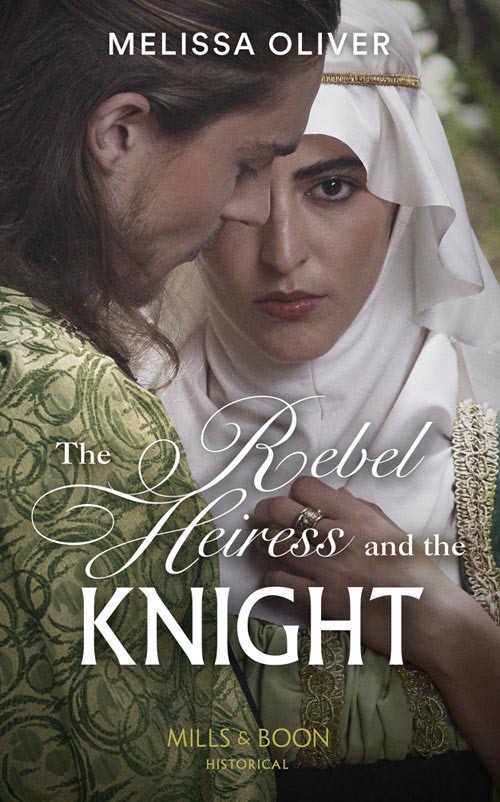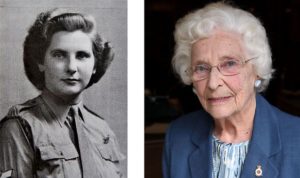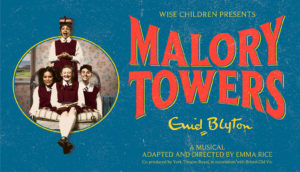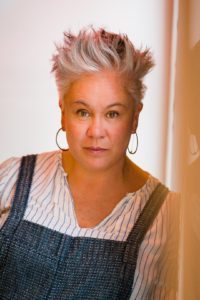- The marriage rate of opposite sex couples was the lowest on record in 2018, with 20.1 per 1,000 unmarried men and 18.6 per 1,000 unmarried women.
- In the previous 10 years, marriage rates had fallen most among those under the age of 20: down 57% for men and 63% for women.
- The average age to get married is rising – in opposite-sex couples, men married at an average age of 38.1, and women 35.8 years.
- There were 234,795 marriages in 2018 – down 3.3% from 2017.
- Since 1972, the annual number of opposite-sex marriages has fallen 46.5%.
The Office for National Statistics has published marriage statistics for 2018 today.
Sarah Coles, personal finance analyst, Hargreaves Lansdown
“Marriages hit a record low in 2018, as more people decided it was better to live with their partner first for a few years than live with a bad decision forever. But as more couples move in together for longer without tying the knot, they need to understand the ways it can make them vulnerable.
Separate ONS statistics show that among those under 30, more than two thirds of couples are living together without getting married, along with one in five couples in their 40s and one in ten people in their 60s.
There are all sorts of reasons why people choose to marry or live together, and nobody would suggest marrying for money. However, if you are living together you need to understand the financial risks you face. You could be in for a horrible surprise if you split up, or fall foul of rules you never knew existed if your partner was to die.
The good news is that you don’t have to rush into marriage to protect yourself, because there are steps you can take to cut your risks, whatever your marital status.
10 risks of living together
- If one of you dies without a will, the other could get nothing. If the home is in their name, you could lose your home too, because everything passes to your partner’s children. If they have no children, everything in their name will pass to their parents instead.
- If you have a pension which is meant to pay out to a spouse when you die, some pensions don’t allow this to be left to an unmarried partner. Some will allow you to complete a ‘nomination of beneficiaries’ form, to ask for anything to pass to your partner, but if you don’t complete the form there are no guarantees that this will happen.
- If you have children, the father isn’t on the birth certificate, and the mother dies, the father doesn’t automatically have a right to care for the child.
- If one of you dies and leaves everything to the other, in a marriage or civil partnership this would all be free of inheritance tax. If you’re not married and you breach the inheritance tax nil rate band, there could be tax to pay. In some cases, this could mean you can’t afford to stay in your home.
- There are no inheritable ISAs. If your spouse holds an ISA on death, you will get an additional ISA allowance – called an Additional Permitted Subscription, which essentially means ISA assets they leave you can all be wrapped up in an ISA again without affecting your allowances. If you’re not married, you don’t get this extra ISA allowance.
- If you split up and one of you owns the house in their name, the other may have no right to live in it or to a share of the property.
- On the flip side, if the property belongs to one of you entirely, but the other has contributed towards it in some way – including paying a share of the bills or helping with home improvements, they can claim an ‘interest’ in it, and go to a court for a share of the property. It means couples who move in together may have made a bigger commitment than they appreciate.
- If you split up, and one of you has sacrificed their career for caring responsibilities, they have no right to spousal maintenance. On average, women’s pay falls 7% for each child they have – so without maintenance to make up the difference, this could leave them thousands of pounds worse off each year.
- In the event of a split, if one of you has a sizeable pension and the other has nothing, there’s no compulsion to share.
- There are tax disadvantages. We all have a personal allowance that’s not subject to income tax, a personal savings allowance, a dividend allowance and a capital gains tax allowance. Married couples can share assets between them to take advantage of both people’s allowances, and the lower taxpayer can hold the balance. If unmarried couples try to do this, sharing the assets could trigger a tax bill.
How to protect yourself
Make a will
The only way to ensure an unmarried partner inherits is to draw up a will so that your assets are left exactly as you want them. While it’s vital that everyone makes a will, the stakes for unmarried partners are even higher.
Think carefully about how all assets are owned
If one of you moved in with the other, and the home remains in their name, have you contributed financially? Financial contributions can be reflected by switching to own the property as tenants in common. This allows the financial contribution to be reflected accurately in the proportions of ownership. Also think before taking on any debt: if the loan is for the benefit of both of you, it should be in both names. And consider your savings, if you’re saving together, it should be in both names.
Consider a co-habitation agreement
This will lay out all kinds of things, from how you manage money between you to who owns what in the relationship. It can also iron out what will happen in the event that you split up.
Ensure both parents have parental responsibility
Fathers can protect themselves by being there when the birth is registered, and being on the birth certificate. If it’s too late for that, you can agree parental responsibility between you and complete the form . If you can’t agree, you may need to go to court.
Take out life insurance
Both of you should have enough insurance to ensure the children are provided for in the event you die. After a split, the resident parent should have cover and if one of you is paying child support, they should have cover that will replace it in the event of their death.
Build a nest egg for your child
One of the best ways to protect your child against whatever the future holds is for them to have savings and investments in their own name. The Junior ISA can be a really sensible option. Nobody can access the money until they are 18, and at that point it belongs entirely to the child. While the money is saved or invested it grows free of tax, and there’s no tax to pay when it’s withdrawn either.”
- There were 6,925 marriages between same-sex couples, of which 57.2% were between female couples.
- 803 same-sex couples converted their civil partnership into a marriage.
- 21.1% of opposite-sex marriages in 2018 were religious ceremonies, the lowest on record.









